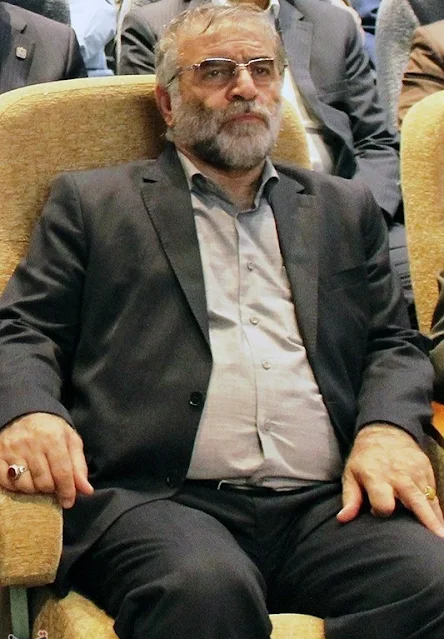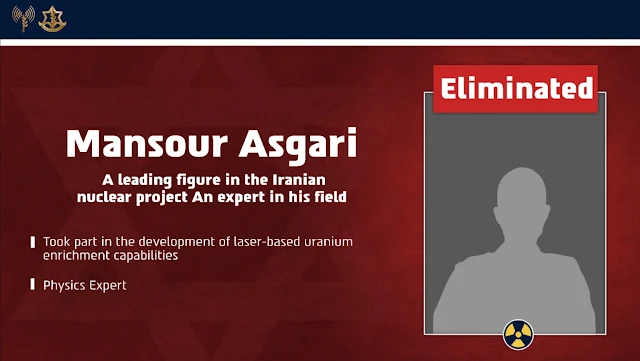Book Title: A Journey to Disillusionment Author: Sherbaz Khan Mazari
Publisher: Oxford University Press Pakistan
First Published: 1999
Language: English
Genre: Political Memoir, Autobiography, South Asian History
Length: 430+ pages
Main Theme: Political evolution and failures of democracy in Pakistan from an insider’s perspective
Introduction: A Compelling Political Memoir
A Journey to Disillusionment by Sherbaz Khan Mazari is an extraordinary fusion of personal narrative, political insight, and historical analysis, recounted by an individual deeply entrenched in some of the pivotal political changes in the early years of Pakistan. This work provides an unvarnished, first-person perspective on the political environment following independence, rife with optimism, ideals, treachery, and the eventual loss of faith.Mazari's prose is marked by its authenticity, candor, and profound dedication to democratic principles, rendering this book essential for political science scholars, historians of Pakistan, and those drawn to governance in South Asia.
About the Author – Sherbaz Khan Mazari
Hailing from a prominent tribal lineage in Rajanpur, Punjab, Sherbaz Khan Mazari (1930–2011) was an exceptional presence in Pakistani politics — a feudal estate owner who turned away from dynastic politics and military rule, remaining resolute in his endorsement of civilian authority, democracy, and legal governance.Significant milestones in his career:
- Served as a Member of the National Assembly from 1970 to 1977
- Opponent of Zulfikar Ali Bhutto’s authoritarian reign
- Critic of military interventions, particularly Zia-ul-Haq's coup in 1977
- Among the few in Pakistan’s political landscape to resign for principled reasons
Summary and Structure of the Book
The book is structured into thematic and chronological segments, commencing with Mazari’s formative years, followed by his political involvement, and subsequently elaborating on significant political occurrences from the 1950s to the late 1980s.It encompasses:
- The nascent stages of Pakistan’s political experiments
- The erosion of democracy and the ascent of autocracy
- His engagement as a parliamentarian and leader of the opposition
- The civil war of 1971 and the separation of East Pakistan
- The period of Bhutto’s authoritarian leadership
- The military coup by General Zia-ul-Haq and the repression of democratic practices
Key Themes in the Book
1. Idealism versus Political Reality
Mazari ventured into politics aspiring to serve the populace and construct democratic institutions. Nevertheless, he soon discovered that corruption, the influence of power politics, and the military’s hold over national issues permitted scant opportunity for his democratic aspirations.His odyssey is encapsulated in the title — a shift from nationalistic hope to political disenchantment.
2. Evaluation of Civilian and Military Governance
Mazari offers a fair critique of both:- Zulfikar Ali Bhutto: Despite his charisma and popularity, Bhutto is depicted as authoritarian, intolerant of opposition, and accountable for the undermining of parliamentary democracy.
- General Ayub Khan and General Zia-ul-Haq: He characterizes both as usurpers of democratic space, who perpetuated a culture of military control in Pakistan and diminished civil liberties.
3. The 1971 Catastrophe and East Pakistan
One of the pivotal chapters in the book addresses the fragmentation of Pakistan in 1971. Mazari explores the political mistakes, lack of trust, and the unwillingness to cede power to the Awami League, which ultimately precipitated Bangladesh's independence.He attributes a significant portion of the blame to the establishment and Bhutto, rather than external conspiracies — a viewpoint that was audacious at the time and continues to be so today.
4. Parliamentary Politics and Democratic Struggles
- Mazari offers profound perspectives on the mechanics of Pakistan’s National Assembly, the shortcomings in its constitutional development, and the misuse of power by leading political factions.
- He ardently believes that the key to Pakistan’s recovery lies in robust institutions, an independent press, a judiciary free from interference, and the supremacy of parliamentary authority.
5. Disillusionment and Withdrawal from Politics
The conclusion of the book presents a reflective moment on Mazari’s choice to withdraw from active engagement in politics. Frustrated by the persistent cycle of corruption and dictatorship, he opted for silence instead of complicity.- This sense of disillusionment—deeply felt, painful, and genuine—imparts emotional depth and intellectual vigor to the book.
Notable Quotes from the Book
- “The tragedy of Pakistan lies not just in coups and countercoups but in the subtle erasure of moral values within its politics. ”
- “Zulfikar Ali Bhutto possessed immense talent, yet intoxicated by power, he dismantled the very democracy he had once supported. ”
- “Merely ousting a dictator is insufficient. We must eliminate the circumstances that give rise to one.”
Critical Reception
Strengths:- Personal account of pivotal moments such as the 1971 war, Bhutto’s administration, and Zia’s imposition of martial law.
- Thoughtful and balanced prose devoid of resentment or arrogance.
- Comprehensively structured and detailed, grounded in authentic parliamentary documents, personal experiences, and historical data.
- A rare example of political integrity in South Asian literature.
- Some chapters may come across as dense and excessively formal.
- Certain readers might find the critique of Bhutto to be excessively harsh.
- Full appreciation necessitates background knowledge of Pakistan’s history and political landscape.
Why This Book Matters
A Journey to Disillusionment transcends being a mere memoir; it serves as a testament to political conscience. In a nation where politics is frequently tainted by self-interest, Mazari’s narrative symbolizes principled dissent.This book is essential for:
- Students and scholars exploring Pakistan’s political landscape.
- Policy experts seeking to comprehend the origins of civil-military discord.
- Young Pakistani individuals who must glean insights from previous mistakes to create a brighter future.


















